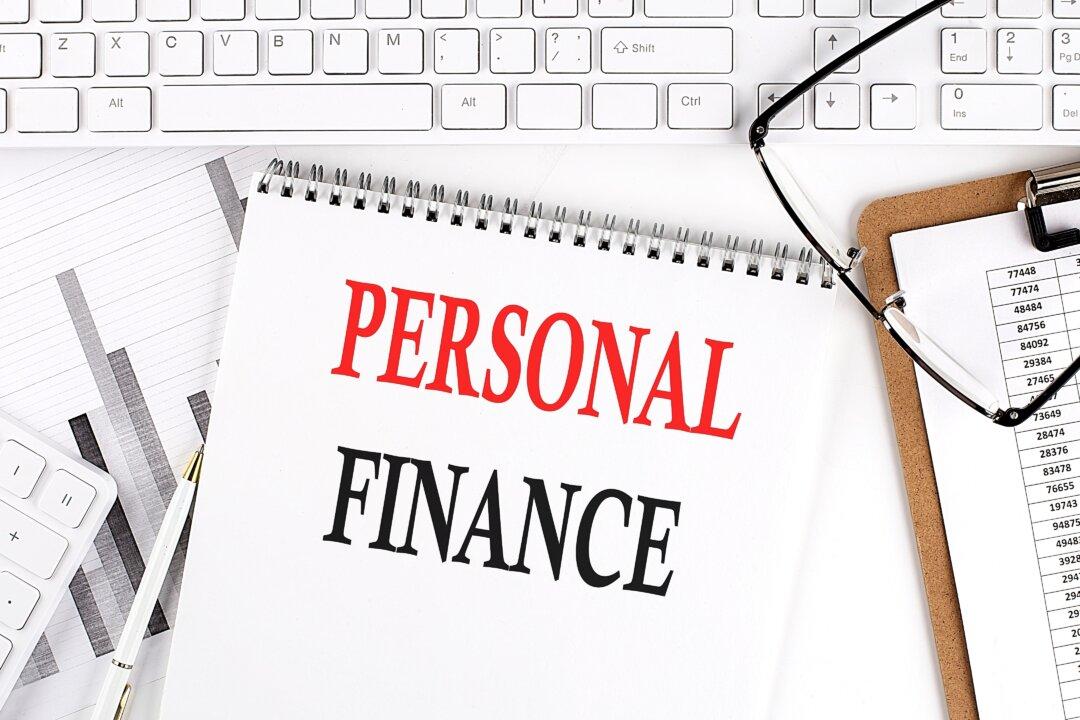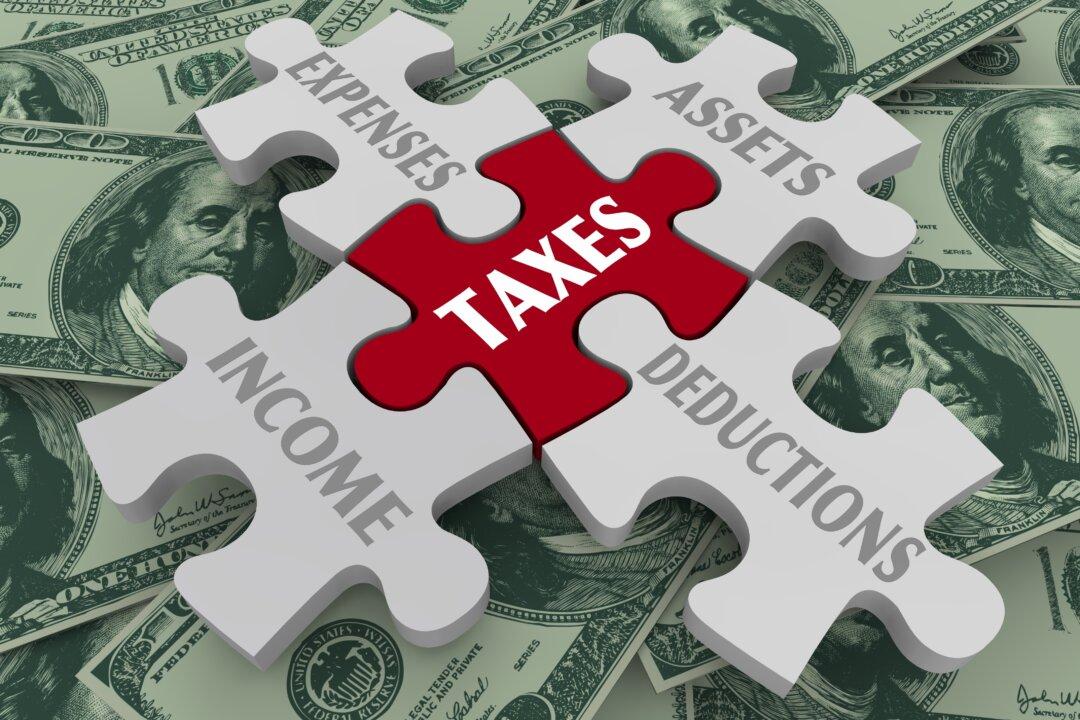We often read in the media “helpful hints” about money, aimed at people who really do not have a grasp when it comes to personal finance and budgeting. These suggestions are basic, however, pointing up the need to ramp up education. Personally, I think a high school level finance class should be offered, perhaps even required for graduation, given these contemporary conditions:
- Of American teens, 75 percent lack confidence in their knowledge of personal finance.
- Of Americans in general, 25 percent say they don’t have anyone they can ask for trusted financial guidance.
- Of U.S. adults ages 18–29,23 percent have credit card debt that’s over 90 days overdue.
- Americans owe more than $1.03 trillion in credit card debt as of second quarter 2023.
A series of six articles will be forthcoming to help you navigate and put into practice basic financial information that will help you, the end result of which will hopefully give you a chance at living better, with a higher assurance of financial security than you otherwise could have counted on … if you accept—and adopt—fundamental principles and rules that will require the development of your own self-discipline to make these recommendations secondary habits over time. These articles could also become the basis for a syllabus in a high school finance course that could be offered in our public schools.






